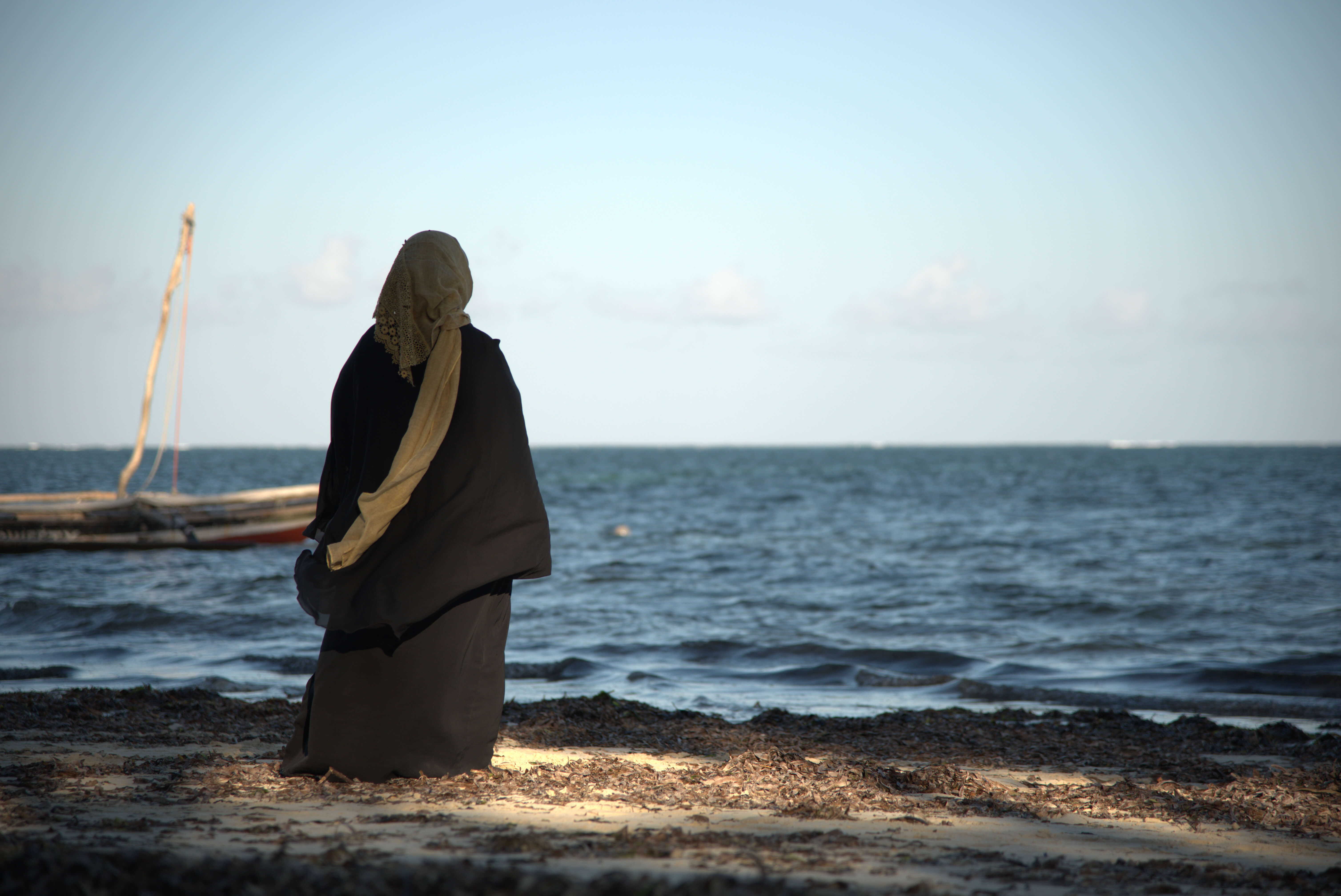Families across Wajir and Mandera counties are being pushed into poverty as they struggle to raise millions in ransom payments demanded by human traffickers operating across Somalia, Libya, and Yemen.
Parents are selling ancestral land, livestock, and personal belongings in desperate attempts to rescue their sons and daughters, most of whom are lured through social media with promises of lucrative jobs abroad.
Yet, even after huge sums are sent, many victims never return.
https://x.com/MunaMunahamed/status/1952697097838264809
Hamida Adan, a resident of Mandera, narrowly escaped being trafficked to Yemen.
She was duped by a TikTok “friend” who promised to cover her travel costs.
After crossing into Somalia through Mandera, Hamida was moved from taxi to taxi until she boarded a plane to Mogadishu.
Her family reported her missing, and a joint effort by Somali police and Kenyan intelligence traced her location.
She was rescued hours before being flown to Yemen.
Not all families are so fortunate. In Rhamu, Mandera, Mohamed Elyas received a chilling video of his son, Saddam Issack, being tortured in Libya.
The kidnappers demanded Sh2.2 million for his release. By the time of reporting, Elyas had sold all his goats, raising only Sh700,000.
“Where do I get the balance?” he asked, his voice heavy with despair.
Families say traffickers insist that ransom payments be wired to a woman only identified as Sumeya in Mogadishu, Somalia.
According to relatives, traffickers’ local agents in Kenya earn up to Sh250,000 for every youth delivered to Libya.
“Some people are working as agents of gangs based in Libya. They deceive our young people with jobs and education, driving families into poverty,” said Abdimajid Hussein, a relative of one victim.
Social media has become the primary tool of recruitment. Platforms like TikTok, WhatsApp, and Facebook are being used to lure teenagers and young men.
This week, a harrowing video circulated online showing a bruised 16-year-old Form Three student from Wajir High School pleading for his life as Magafe traffickers demanded ransom.
Days later, a 17-year-old boy from Wajir was confirmed dead after his family failed to raise the money.
“The heartbreaking reality of Wajir County reveals a tragic exploitation of its youth,” wrote local activist Muna Munahamed on X.
“Families are forced to sell their ancestral lands and homes, stripping them of hope and heritage.”
Another resident, Halima Hillow, expressed shock: “Subhanallah, what is happening that high school students are getting lured into this? This is so heartbreaking.”
Authorities in Garissa and Wajir have intercepted several groups of young men en route to South Africa, Tanzania, and Libya.
In one case, police rescued five youths from Dadaab refugee camp along with a Grade Eight pupil who was about to be trafficked.
Mandera County DCI chief Pius Gitari confirmed ongoing investigations.
“Some people have been arrested and taken to court already. But many families choose not to report, preferring to quietly pay ransom,” he said.
Wajir County Commissioner Karuku Ngumo, however, suggested that some parents might be complicit, using the abduction narrative to raise funds for relatives’ illegal migration to Europe.
“We are probing cases where families knowingly facilitate travel, then seek well-wishers’ support under the guise of ransom,” he noted.
Residents and activists warn that poverty and lack of opportunities are feeding the crisis.
“This tragedy is stealing our children, 15 to 19 years old, before they even begin life,” added Munahamed.
“We need urgent solutions. Establishing football academies and safe youth programs can give them purpose, keep them home, and protect them from traffickers.”

